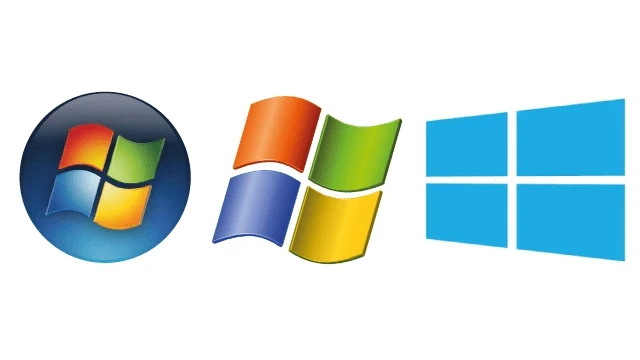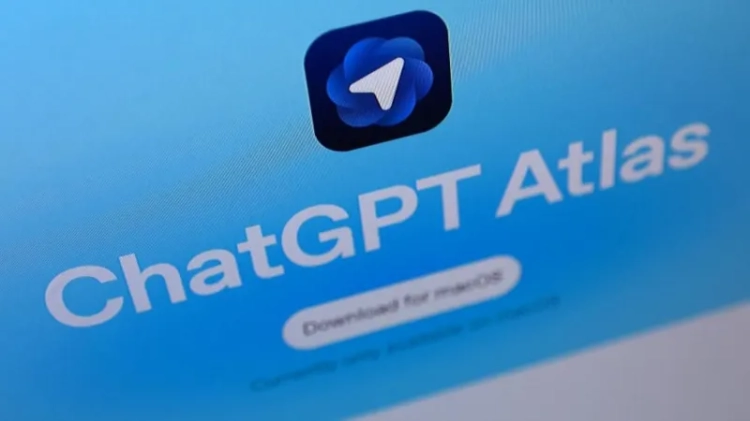Microsoft has completed the free upgrade and support for Windows 10 as of October 14, according to the BBC.
Users who do not upgrade to Windows 11 or do not pay for Windows 10 updates risk exposure to virus attacks and hacks, as Microsoft is discontinuing free security measures for this version of the OS.
Who Will Be Affected
The Windows operating system is the most popular in the world, with an installed base of over 1.4 billion devices. According to Microsoft, about 43% of users are using Windows 10.
For example, in the United Kingdom, where the population is around 70 million, consumer service Which? estimates that about 21 million people are using Windows 10.
What Needs to Be Done
Microsoft offers two main options for users: either upgrade to Windows 11 or subscribe to paid security updates for Windows 10, which will be available until October 2026.
These actions can be performed in the "Privacy and Security" section of the computer settings.
To install Windows 11, a computer must have at least 4 gigabytes of RAM and 64 gigabytes of physical storage. Users whose devices meet these requirements can install the new version for free.
For those users who cannot or do not want to upgrade to Windows 11, Microsoft recommends subscribing to "Extended Security Updates," which will include only security updates, without any other updates.
For residents of the European Economic Area, the subscription for these updates will be free upon registration.
For other users around the world, to avoid costs, it is necessary to have a Microsoft account, update the OS to the latest version of Windows 10, and create a system backup. Otherwise, they will have to pay $30 (for business accounts — $61).
What Is the Risk
Windows 10 was released in 2015, and since then Microsoft has regularly provided updates to address vulnerabilities.
Without these updates, computers become increasingly vulnerable to viruses and other malware.
Additionally, as noted in a blog by Microsoft’s marketing chief Yusuf Mehdi, organizations may face "compliance issues when using software that is no longer supported."
There may also be failures in the operation of other programs, as their developers may stop releasing updates for the outdated operating system.
Consumer Advocates Are Unhappy
Consumer protection organizations express dissatisfaction with Microsoft's decision, as it may force the company's customers to incur unnecessary expenses and lead to increased waste.
"Many will have to purchase a new device, even though the current one works fine," claims Nathan Proctor, a member of the leadership of the American consumer protection organization PIRG.
"People are tired of short-lived devices that cannot be repaired, lose software support, or otherwise become obsolete and end up in landfills," says Proctor. "We have the right to durable technology."















































